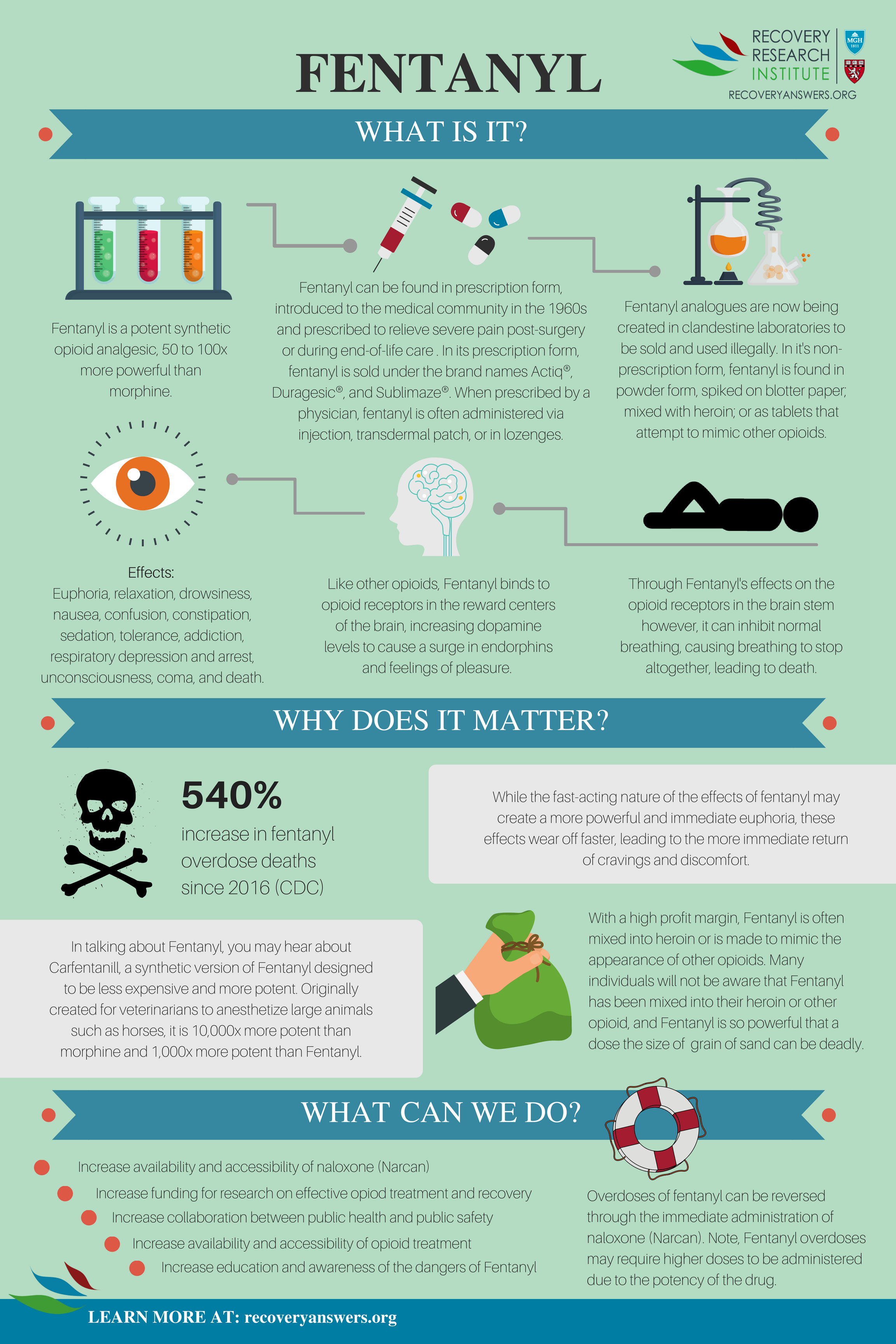Why Aftercare In Drug Rehabilitation Is Important For Lasting Recuperation. Discover Just How Support Systems Can Aid You Remain Sober And Build A Fulfilling Life
Why Aftercare In Drug Rehabilitation Is Important For Lasting Recuperation. Discover Just How Support Systems Can Aid You Remain Sober And Build A Fulfilling Life
Blog Article
Authored By- Visit Homepage can't do it alone. Healing from drug dependency needs a strong support system.
The relevance of aftercare in drug rehabilitation can not be overstated. In this short article, we will certainly explore the function of counseling, the benefits of therapy, and the structure offered by peer support groups in maintaining sobriety.
So, get hold of a mug of coffee, relax, and allow us direct you with the critical actions of post-rehabilitation assistance.
The Role of Therapy in Aftercare
If you want to maintain your sobriety after leaving rehabilitation, it's important that you proceed participating in counseling sessions as part of your aftercare strategy.
Therapy plays an essential role in your recuperation journey by providing continuous assistance, assistance, and a risk-free space to reveal your sensations and worries.
Via counseling, you can address any underlying problems that might have contributed to your addiction, develop dealing approaches, and learn healthier ways to manage anxiety and yearnings.
It allows you to overcome any kind of unresolved feelings and create a much better understanding of on your own and your triggers.
The Benefits of Therapy in Preserving Soberness
To keep your sobriety, treatment can offer various advantages.
- Therapy provides a safe room for you to discover and resolve the underlying issues that may have contributed to your addiction.
- It enables you to work through your emotions and establish healthier ways of managing tension and sets off.
- With treatment, you can obtain a far better understanding of yourself and your patterns of behavior, which can help you make positive modifications in your life.
- In addition, treatment supplies you with a support system of professionals that are trained to assist and help you on your journey to recovery.
- They can provide valuable understandings, tools, and strategies to help you browse the difficulties that may emerge.
- In treatment, you can learn to establish healthy coping abilities, develop strength, and boost your overall health.
Peer Support System: A Structure for Lasting Recovery
You can locate long-term recovery by actively joining peer support groups and connecting with others who share comparable experiences and goals.
Peer support groups offer a secure and non-judgmental area where people in recuperation can collaborate to share their struggles, successes, and insights. By actively taking Muse Treatment Does Hypnosis Work For Drug Addiction 90213 in these groups, you can receive the assistance and inspiration you require to remain on the path of healing.
Connecting with others who've experienced similar experiences can be incredibly empowering, as it assists you recognize that you aren't alone in your trip. It also permits you to gain from others who have actually effectively gotten over similar challenges. Together, you can commemorate turning points, hold each other accountable, and offer advice and advice.
Through https://writeablog.net/emmitt2claud/experience-the-transformative-advantages-of-specialized-drug-rehabilitation , you can build a solid support system that will certainly help you navigate the ups and downs of recuperation and ultimately discover long lasting recovery and change.
Final thought
You've discovered the crucial role of aftercare in drug rehabilitation. Counseling, therapy, and peer support groups contribute to lasting recovery. Here's an incredible figure to understand the size of the concern: researches reveal that people who obtain aftercare treatment are 50% more probable to preserve sobriety contrasted to those who do not.
So, picture the transformative power of these support systems in helping people recover their lives and build a brighter, drug-free future.
